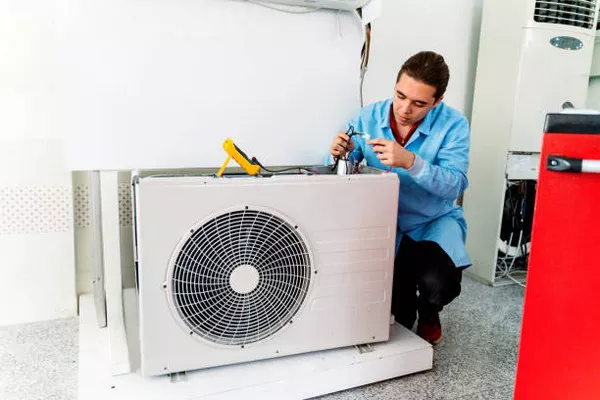Reciprocating compressors are integral components in various industrial processes, playing a crucial role in compressing gases for applications ranging from refrigeration to natural gas processing. This article aims to provide a comprehensive understanding of reciprocating compressors, delving into their working principles, applications, advantages, and challenges.
Working Principles of Reciprocating Compressors
Reciprocating compressors, also known as piston compressors, operate on the principle of positive displacement. The basic design consists of a piston within a cylinder that moves back and forth to compress the gas. During the compression cycle, the piston moves downwards, creating a low-pressure zone that allows the gas to enter the cylinder. Subsequently, as the piston moves upwards, the gas is compressed and pushed out through a discharge valve.
The compression process is dynamic, with reciprocating compressors being categorized into single-acting and double-acting types. Single-acting compressors compress gas during one stroke, whereas double-acting compressors compress gas during both the upward and downward strokes, enhancing efficiency and reducing pulsations.
Applications of Reciprocating Compressors
Reciprocating compressors find extensive use in various industries due to their versatility and reliability. Some key applications include:
Refrigeration: Reciprocating compressors are commonly employed in refrigeration systems to compress and circulate refrigerants, facilitating the cooling process.
Oil and Gas Industry: In the extraction and processing of oil and natural gas, reciprocating compressors are used for gas lift, gas gathering, and gas transmission.
Chemical Processing: The chemical industry utilizes reciprocating compressors for processes such as polymer production, where compressed gases play a vital role.
Power Generation: Reciprocating compressors are integral to power plants, contributing to air compression for combustion in internal combustion engines.
Advantages of Reciprocating Compressors
High Efficiency: Reciprocating compressors are known for their high efficiency, especially in applications with varying load conditions. Their ability to adapt to changing demands makes them suitable for a wide range of industries.
Compact Design: These compressors often feature a compact design, making them suitable for installations with limited space. Their small footprint is advantageous in offshore oil and gas platforms and other space-constrained environments.
Versatility: Reciprocating compressors can handle a variety of gases, including corrosive and high-pressure gases, making them versatile in different industrial settings.
Customization: Manufacturers offer a high degree of customization for reciprocating compressors, allowing users to tailor the equipment to specific requirements. This flexibility enhances their suitability for diverse applications.
Challenges and Considerations
While reciprocating compressors offer numerous advantages, they are not without challenges. Some key considerations include:
Maintenance: Reciprocating compressors require regular maintenance to ensure optimal performance. Wear and tear of components, such as pistons and valves, necessitate routine inspections and replacements.
Vibration and Noise: The reciprocating motion of the pistons can lead to increased vibration and noise levels. Proper engineering and installation practices are crucial to mitigate these effects.
Pulsations: Reciprocating compressors generate pulsations in the gas flow, which can impact downstream equipment. Employing pulsation dampeners and proper piping design helps minimize these effects.
Initial Cost: The initial capital cost of reciprocating compressors can be higher compared to some alternative compression technologies. However, their efficiency and versatility often justify the investment over the long term.
Conclusion
Reciprocating compressors are indispensable in various industrial applications, offering a reliable and efficient means of compressing gases. Understanding their working principles, applications, advantages, and challenges is essential for professionals in fields such as oil and gas, refrigeration, and chemical processing. As technology continues to advance, reciprocating compressors will likely see further refinements, ensuring their continued relevance in the ever-evolving landscape of industrial compression.

